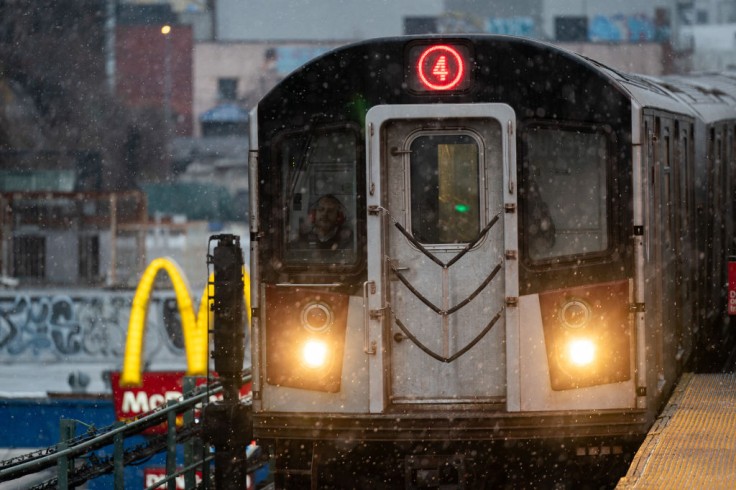The New York Subway derailment earlier this month is supposedly caused by "lost radio communications" with the transit system supervisor, according to preliminary reports.

The National Transportation Safety Board said the train's flagger lost the signal near 96th Street station and was unable to stop the train before colliding with a northbound passenger train.
The northbound train 1427 was currently carrying about 200 passengers when the non-revenue train 1345 crashed into it. At least 22 passengers and three cabin members suffered "minor injuries."
NTSB Looks into Main Cause of Subway Derailment
Before the incident, the NTSB noted that an "unruly passenger" aboard the 1345 triggered an emergency brake on the first five railcars.
The operations control had to instruct the railcar inspector to "cut out the brakes and traction motors" of the affected railcars to continue its operation until repair.
The train was on its way to a nearby yard for repairs when the collision occurred.
The NTSB said the investigations are still ongoing as the two trains were not equipped with event recorders or cameras.
New Yorkers Call for Urgent NYC Subway Upgrades
While the NTSB is still deep in its investigations, the incident has renewed people's call for an urgent upgrade on the deteriorating New York subways.
The Jan. 4 incident was not the only instance a derailment occurred on the aging subways. Two consecutive train derailments have been reported in just the span of two weeks.
Persistent delays and aging facilities have also become part of the commuting experience on the subways for many New Yorkers as the regulators have yet to make substantial improvements on the platforms.
Criticisms are hurled towards the Metropolitan Transportation Authority, the governing body of the subway operations, for focusing on measures of fare evasion rather than improvement of than trains themselves.
The MTA earlier stated that fare evasion has cost the agency hundreds of millions of dollars every year that was supposed to be used to improve the subway's operations.
It is worth noting that the MTA received a total budget of $19.2 billion last year, enough to provide substantial upgrades to several platforms.
Related Article : NYC Subways Are Using AI to Detect Fare Evasion









